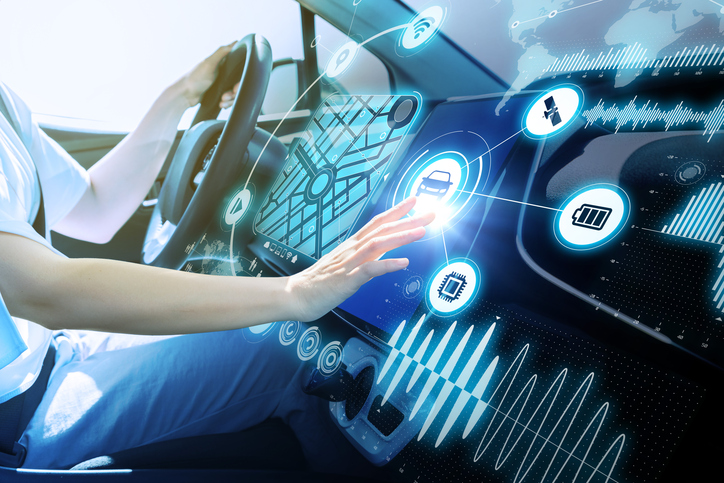Auto mechanics are no stranger to change. They are part of an industry that continues to grow and evolve. In the present day, it takes more than one mechanic to run an auto service and repair shop. It is truly a team effort. General managers oversee service advisors, who rely on parts professionals to deliver products that mechanics use to conduct typical auto repair. The process is more complex than it was 20 years ago as change has always been inevitable in this industry.
The era of electric cars has already begun, but that does not mean mechanics are going to lose out on their profession. It simply means that the stereotypical image of an auto mechanic is changing. The days of mechanics being known as grease monkeys are a thing of the past. The modern mechanic is now equipped with computer and technological skills. A future filled with electronic cars means those skills will only progress.
Advanced forms of technology and laptops are slowly starting to replace wrenches and socket sets. Some cars are already running on full electric, although that does not mean they will be immune to malfunctions or breakdowns. It just means the type of repair will be different.
It is also going to be a long time before every person is going to be driving an electric car. Take a look out on the road now and you will see plenty of cars that are more than 10 years old. That means a decade from now, there will still be older cars driving around on the road. All kinds of cars will be needing repair.
The modern mechanic is already well-versed in new ways of auto repair. Things like on-board diagnostics play a key part in everyday auto repair. Diagnostic systems are also advancing at a rapid pace, meaning that auto mechanics need to keep pace with all those changes. The end result is a broader range of automotive knowledge and skill, as auto mechanics are now more well-rounded than ever before.
The electronic aspect is nothing new in auto repair. Hybrid cars are not much different than gas-powered cars. The main difference is the electrical components. Current auto mechanic training programs provide detailed instruction on hybrid cars, so new mechanics are equipped to take care of all the new daily challenges they will face in an auto repair shop.
Electric cars do not rely on the use of oil or spark plugs, which eliminates two popular fixes for mechanics. However, hybrids still use those two components and until the complete transition to electric cars is made, those services will still be in demand.
But all electric cars will need ongoing internal repairs which address issues with suspension, bearings, fittings, switches and other types of systems. And the older a vehicle gets, the more prone these systems will be to breakdowns.
As more electric cars appear on the roadways, the need for fuel will not be like it is today. That will make the cost of travel much cheaper on a per-mile basis. Consequently, people may be more inclined to drive greater distances. More miles means more potential for equipment to wear down and malfunction. Since there will be no more high prices at the gas pumps, mechanics may be able to charge more for their services.
And while internal systems may be more efficient with electric cars, their design makes them susceptible to damage. Electric cars are being designed to be lighter and that means collisions with other vehicles or objects can increase the amount of damage. That applies to body damage as well as damage to internal systems. After all, electric cars are not going to automatically make people better drivers and eliminate accidents altogether.
In the future, electric cars are expected to be able to self-diagnose and make recommendations when repair is needed. This is called car data and is expected to be able to be shared with third-party auto repair services and not just vehicle manufacturers. However, the cars will not be capable of self-repair. Mechanics will not see a drop in business because of electric cars, but they could see a decrease in business if they do not adapt to those changes.
The auto mechanic of the future is going to work in a cleaner setting and won’t finish the day caked with grease. Future mechanics will also conduct more computer-based repairs. They will possess technological skills that can make them similar to an IT specialist for automobiles. However, their skillset will include the ability to conduct more traditional types of auto repair as well.
Operating diagnostics and scanning equipment to detect problems will become a common task as electric cars may create what could be the most exciting time in history to be an auto mechanic.

